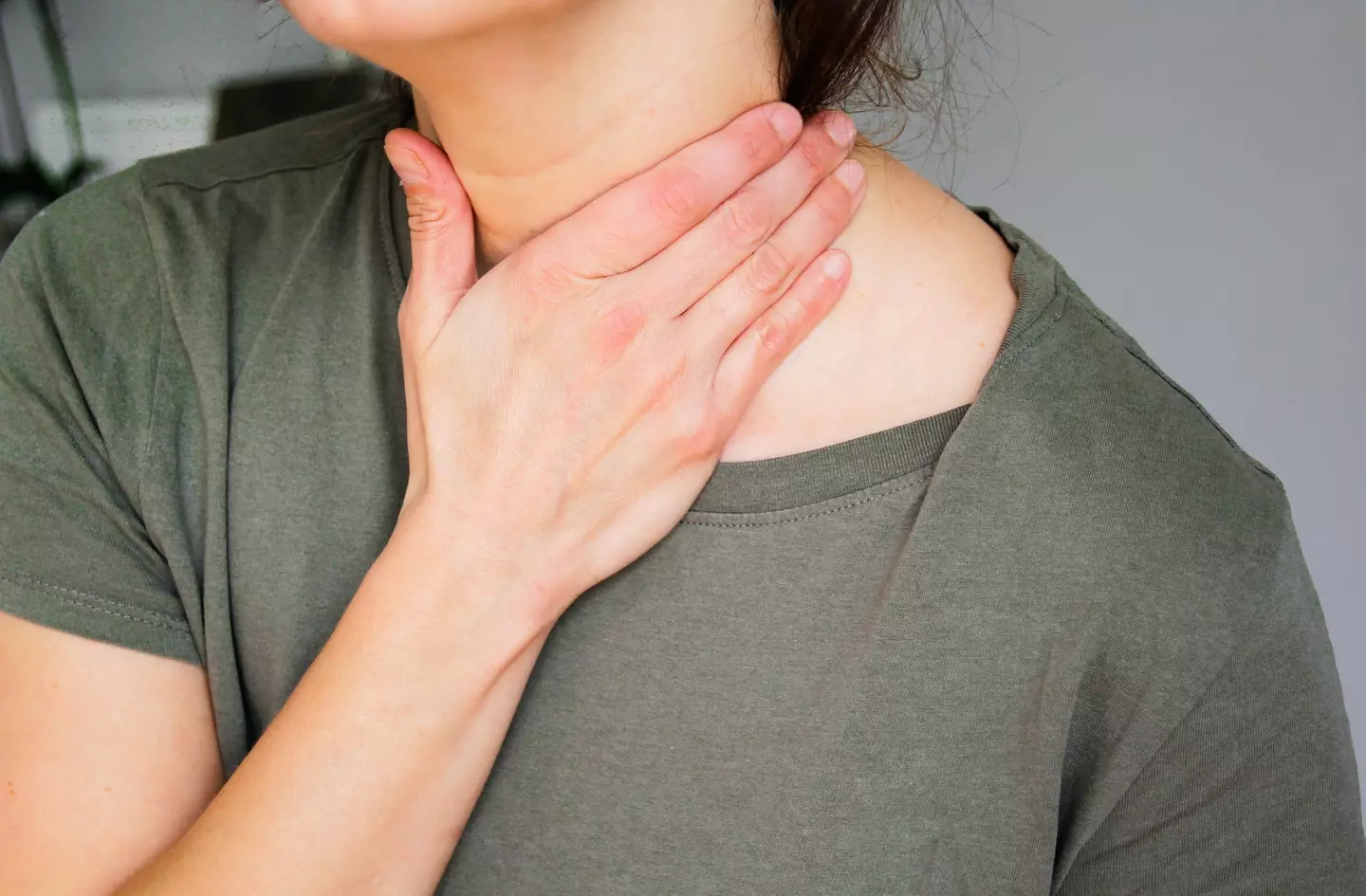
Unless you choose to abstain from alcohol, there’s a good chance you get some down you relatively regularly.
Drinking culture in the UK is everywhere you look, from tinnies in the park as soon as the sun makes an appearance to the Thursday afternoon march from offices to nearby boozers.
Generally speaking, this culture gets put through the wringer by health professionals and pearl-clutchers worrying about the state of society. But, as it turns out, there’s a potentially life-saving consequence of having a drink that absolutely shouldn’t be slept on.
Essentially, if you have a type of cancer called lymphoma, you may have a particular reaction to alcohol. If you experience this symptom after having a drink, make an appointment with a GP as soon as possible.
Advert
.jpg)
Lymphoma is a type of cancer that affects the lymphatic system, which itself is a network of glands and vessels around the body. There are around 60 types of lymphoma split between two groups – Hodgkin and non-Hodgkin – with the former being unusually common to people in their early 20s.
If you have a form of lymphoma your lymph nodes may ache when you drink alcohol.
Lymphoma Action estimates that 1 in 20 people with the cancer will experience this symptom whilst drinking.
According to Dr Graham Collins, a consultant haematologist at Oxford University Hospitals NHS Foundation Trust, lymph nodes will be full of abnormal cells if there’s cancer present.
"Alcohol can relax blood vessels which may lead to a further increase in pressure within the lymph nodes, putting a strain on the surrounding capsule and causing pain," he told the Sun.
Apparently this pain is more common in women suffering from Hodgkin lymphoma. A research paper from Harvard said: “liqueur-filled chocolate or even a sip of beer' is enough to trigger it”.
Those who have experienced the symptom say the pain is “immediate” and can present as an “aching” or “stabbing” sensation ranging from mild to unbearable.
It’s not the only potential warning sign of lymphoma, of course.
If you experience any of the following, get in touch with your GP for a check-up: sudden and unexplained weight loss, fevers, night sweats, and unusual fatigue.
Itchy skin, chest pains, aches in the abdomen or bones, and painless lymph node swelling in the belly, neck, armpits or groin are all symptoms of lymphoma, too.

People with weakened immune systems or a family history of lymphoma are at a heightened risk of developing lymphoma.
Some infections can increase the chances of developing it too, such as the Epstein-Barr virus, Helicobacter pylori, and HIV.
It’s important to listen to your body and to get a check-up at a doctor’s if you’re concerned.
If you are concerned about cancer, are currently battling it yourself or supporting someone who is, you can anonymously contact Macmillan’s Cancer Support Line on 0808 808 00 00 from 8am to 8pm, seven days a week.
